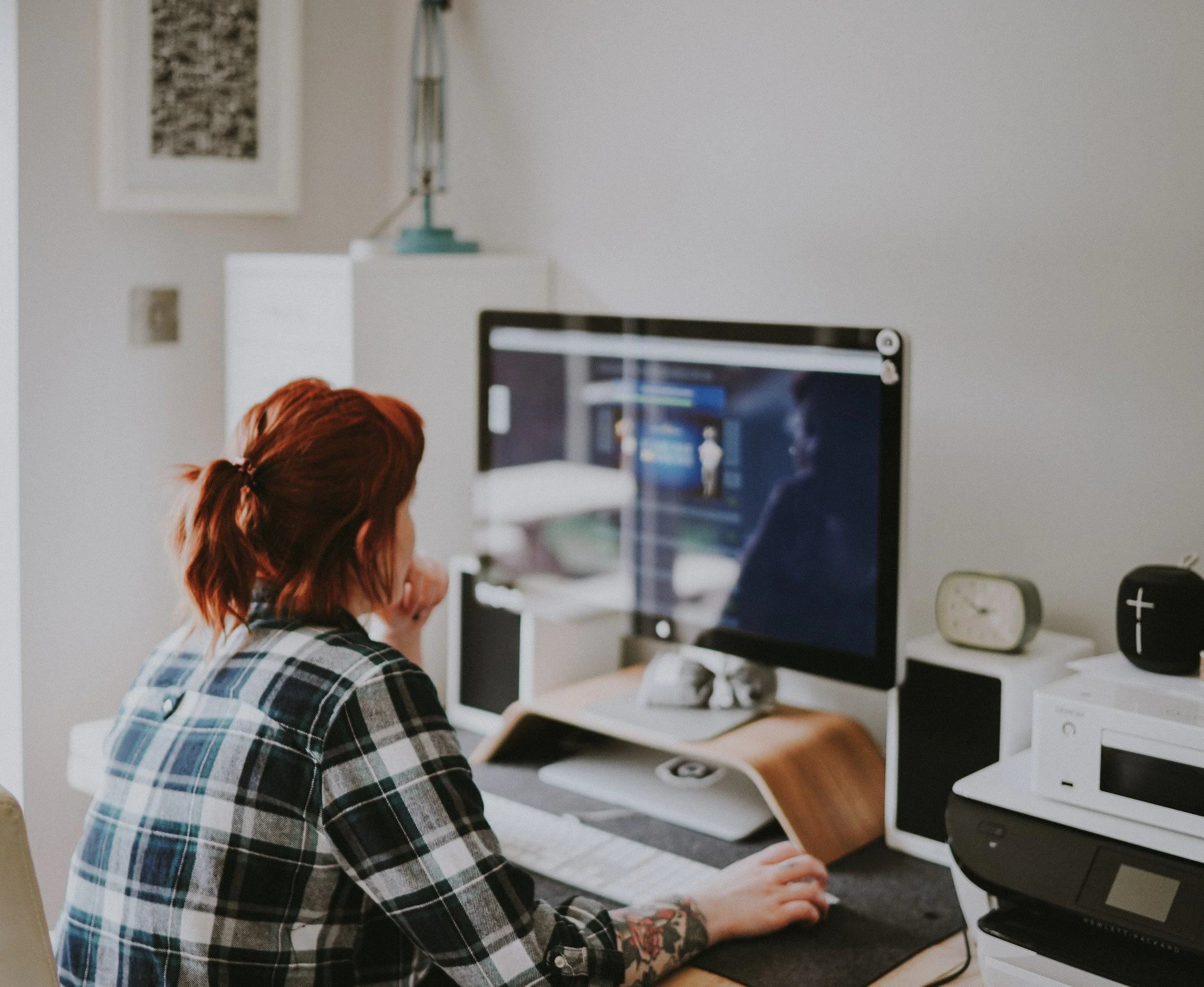Just recently, statistics have been released showing the lowest foreclosure rate in history for the first half of this year, according to ATTOM Data Solutions. How can that be true during a deep recession? These low foreclosure rates are actually a function of two different factors. For one, the rate of foreclosures was low before the COVID-induced recession hit. Secondly, the government quickly implemented a moratorium on foreclosures as soon as the economy was shut down.
Eventually, we will have to "pay the piper" for this combination of a deep recession and a foreclosure moratorium which will certainly end. The result should be a flood of foreclosures, not only because we will be catching up from the foreclosures which would have occurred without the recession -- but also because many who lost their jobs during the recession will not be able to make the payments when they resume.
Will this be the housing crisis of 2008 all over again? Most analysts think not -- again because of two reasons. First, a greater percentage of homeowners have equity in their homes, unlike during the Great Recession. Secondly, there is great demand for homes and a shortage of listings today. If you have equity and you can sell your home quickly, you will sell rather than turning it over to the bank. As a matter of fact, this phenomenon may help solve the listing shortage we now have by making more homes available. In conclusion, we will have more foreclosures in the near future. However, a foreclosure crisis is not necessarily a certainty, depending upon how long the economy suffers






